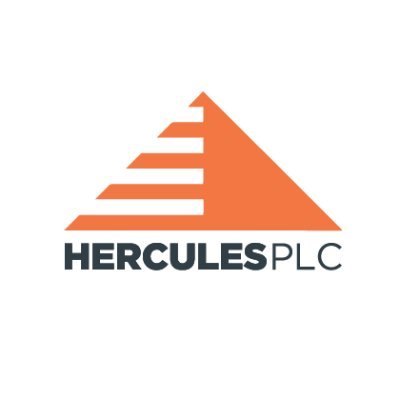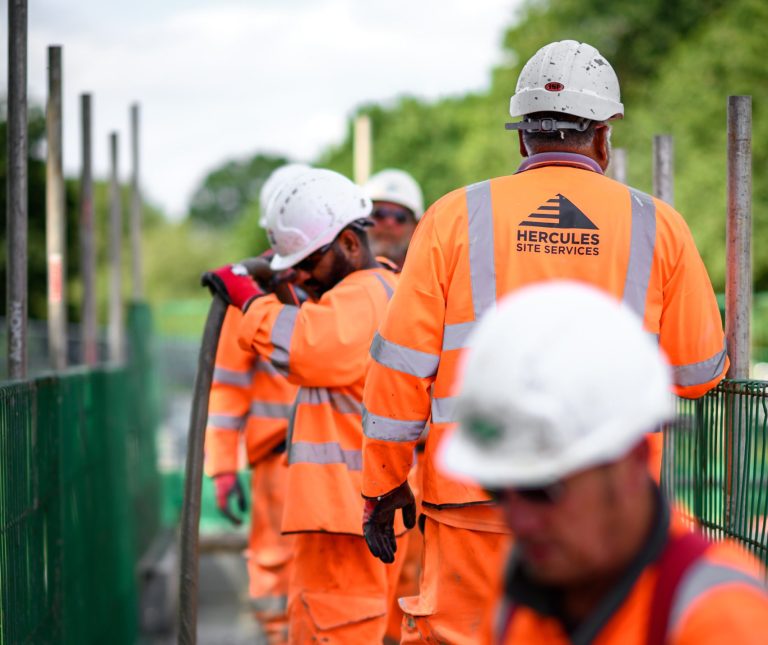The familiar rhythms of construction sites are shifting in subtle but significant ways. In Warwickshire, a fresh collaboration between Hercules and the local Skills Hub is quietly reframing how young people and career advisers view the built environment. Rather than treating recruitment as a last-minute scramble, this initiative plants the idea of construction as a rich tapestry of roles and opportunities long before students pick A-levels.
From the first workshop held on 25 June, Hercules demonstrated that forging long-term talent pipelines is as much about mindset as it is about practical skills. By inviting secondary school career leaders into a live session, the company opened a window on the modern construction landscape, one where site safety officers, digital surveyors and environmental specialists stand alongside traditional trades. The result is a more nuanced conversation in schools, replacing cartoonish stereotypes with tangible career pathways.
Behind the scenes, Hercules sees this educational outreach as a strategic investment. The UK construction sector faces a persistent shortage of skilled labour, compounded by shifting demographics and heightened regulatory demands. By engaging with those who guide students’ choices, Hercules not only positions itself as an industry advocate but also strengthens its own access to emerging talent. Over time, this approach can yield a more reliable workforce, reducing reliance on costly agency hires and mitigating project delays linked to labour gaps.
Moreover, forging early ties with educational institutions aligns with broader environmental, social and governance objectives. Investors increasingly scrutinise how companies contribute to community development and social mobility. Hercules’s partnership with the Warwickshire Skills Hub ticks both boxes. By lifting awareness of construction’s inclusive career paths, the firm enhances its social value credentials and bolsters its appeal to institutional investors seeking robust ESG engagements.
The emphasis on diversity and inclusion runs throughout the programme. Rather than perpetuate historical imbalances, where particular genders or ethnicities dominate trades, Hercules advocates for a genuinely representative workforce. This means spotlighting female engineers, apprentices from under-represented backgrounds and mature entrants retraining for site management roles. Such visibility challenges long-standing preconceptions and cultivates a broader talent pool. In the long run, a more diverse team can drive innovation on site and enhance problem-solving by bringing varied perspectives to bear.
Yet the true test lies in converting awareness into action. Hercules plans to track engagement levels, apprenticeship starts and subsequent retention rates among those connected through the initiative. This data-driven mindset underscores a professional investor focus: every community outreach event is viewed through the lens of measurable outcomes and return on social investment. If even a fraction of workshop participants transition into apprenticeships or traineeships with Hercules, the programme will have delivered tangible value.
Meanwhile, the construction industry’s accelerating digital transformation adds urgency to talent development. The rise of Building Information Modelling, drone surveying and advanced health-and-safety analytics demands a workforce equipped with technical as well as manual skills. By showcasing these emerging roles in school sessions, Hercules seeds interest in STEM-aligned careers. Over time, this can help the company secure specialists capable of implementing new technologies on large-scale infrastructure projects, from HS2 spurs to renewable energy installations.
Looking ahead, Hercules aims to expand the model beyond Warwickshire, forging partnerships in other regions where construction activity is set to ramp up. This geographic diversification of skills engagement can serve as an early warning system for regional labour shortages, enabling the company to allocate recruitment resources proactively. For investors, a forward-looking talent strategy reduces the risk of project overruns and preserves profit margins in an industry where labour costs can account for over half of total expenses.
This initiative also dovetails with Hercules’s broader business model, which spans labour supply, civil engineering and site security. By integrating educational outreach into its service offerings, the firm creates a virtuous cycle: stronger community ties and brand recognition support contract wins, while enhanced talent pipelines underpin delivery capabilities. Over time, this holistic approach can differentiate Hercules from competitors that rely chiefly on spot market hires.
Hercules is reframing labour supply as a long-term partnership rather than a transactional necessity. Instead of waiting until projects are under way and worker shortages become acute, the company is nurturing tomorrow’s workforce today. For professional investors assessing construction equities, this signals a management team that combines operational foresight with social responsibility, an outlook increasingly prized in a sector undergoing rapid technological and regulatory change.
Hercules plc (LON:HERC) is a collaborative, innovative company delivering services of the highest standards within the Civil Engineering sector of the construction industry. Hercules Construction Academy provides a comprehensive range of courses designed to equip individuals with the essential skills and knowledge required for a long and successful career in the construction industry.







































